Human Rights Council: More than a talking shop
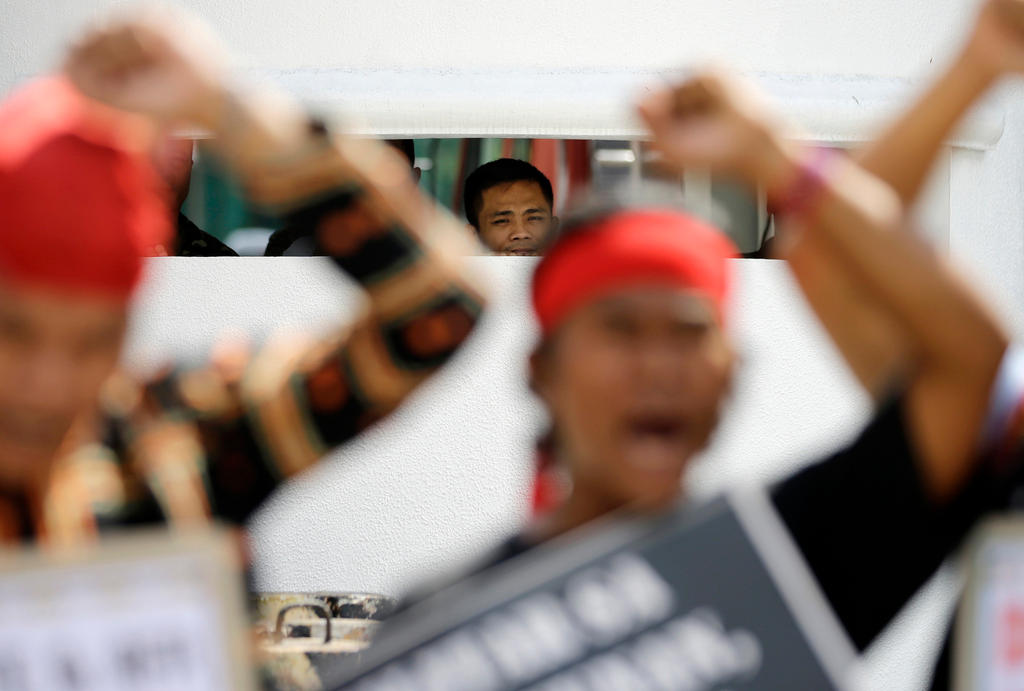
In spring each year, Geneva hosts a major event which attracts leaders, lobby groups, and ordinary citizens from all over the world.
No, I don’t mean the Geneva Motor Show, major event though that is too. I mean the UN Human Rights CouncilExternal link. Its four-week long spring session is the most important event of the year for the UN’s human rights work, and it is attended by thousands, from foreign ministers sweeping by with their phalanxes of body guards, to tiny non governmental organisations hoping to put the plight of the world’s most impoverished, forgotten, and persecuted onto the agenda.
On my way to the start of this year’s session, I found myself on the train next to an old neighbor from Bern. When I told him where I was going he snorted with laughter and said “Oh that, I saw it on tv, it’s a joke.”
Foxes guarding the henhouse?
Pointing out that the council’s current 47 elected member states included Saudi Arabia, Egypt, Venezuela and the Philippines, he suggested the current make up of the world’s top human rights watch dog is similar to a henhouse run by foxes.
I can see his point. Unfortunately, this is a problem the United Nations has struggled to tackle, with questionable success, for many years.
More than a decade ago, the UN under Kofi Annan undertook a major reform programme, and top of the list was the then UN Human Rights Commission, which had been widely criticized as over politicized and ineffective.
The outcome was the new UN Human Rights Council, with 47 member states elected by their peers in the UN General Assembly. Each candidate was required to demonstrate a good record on and a commitment to human rights. Each elected member can be expelled for transgressions.
“Under this new system,” executive director of Human Rights WatchExternal link Kenneth Roth told me at the time, “countries with poor human rights records like Saudi Arabia will never have a seat on the council again.”
Misplaced optimism
Clearly that optimism was somewhat misplaced. The process of becoming a voting member of the council may be more rigorous than it was under the old Commission, but the politicization in which regional neighbours, or likeminded regimes, support and protect one another continues.
“It has its limitations,” agrees John Fisher, the current Geneva director of Human Rights Watch. “There will always be political considerations. At the same time it is the one place where the world’s governments can meet and condemn violations with one voice.”
And that is why, year after year, human rights defenders from all over the world still come to Geneva, bringing with them carefully documented cases of the persecuted, the abused, and the violated. Sometimes their efforts are in vain, but sometimes, with the active support of member states, action is taken.
Fisher points out that last year, despite the membership of some countries with very questionable human rights records, the council achieved some significant things, among them a fact-finding mission on Myanmar, an investigation into renewed violence in the Democratic Republic of Congo, and after much debate, a team of experts to investigate alleged war crimes in Yemen.
And, he says, he remains heartened by the support from ordinary citizens for the council’s work in the very countries it scrutinises. “I was in the Philippines last September [following expressions of concern in the council about extra judicial killings under President Rodrigo Duterte], and I was surprised to see the amount of awareness.”
Fisher agrees it is hard to accurately measure the effectiveness of the council, but points out that following the expressions of concern, President Duterte transferred some powers away from the police unit alleged to be responsible for the killings, and the number of deaths subsequently dropped.
“So it did have an effect on Duterte”. Unfortunately, he continues “he has transferred that power back, and killings are rising again.”
International posturing versus domestic politics
John Fisher has been a regular at Human Rights Council sessions for many years, but what about human rights defenders coming to Geneva for the first time?
Daniel Webb from Australia is director of legal advocacy at the Melbourne based Human Rights Law CentreExternal link. He is in town to observe his country’s actions as a newly elected council member.
“I want to observe, seek to influence, and to ensure accountability for the positions that our government takes.”
And his impressions so far? “There is a really insidious threat by countries who huff and puff and say lots of grandiose things and yet domestically when there is a political incentive to abandon [those principles] they do.”
Webb includes Australia in that group, pointing to the government’s practice of detaining asylum seekers in offshore facilities.
“Our government gave a wonderful voluntary pledge about respecting universality [of human rights], and I thought, ’that sounds wonderful’, and then I thought ‘but I’ve seen your offshore detention centre on Manus Island’.”
What wouldn’t we know?
Nevertheless Webb believes the council does good work. “It is incredible to see the investigations…the way the council extracts facts and information from incredibly closed places and puts them on the world stage.”
“I shudder to think what we wouldn’t know about the situation in Myanmar, or Eritrea, without this system.”
This, perhaps, is the UN Human Rights Council’s greatest strength. Its painstaking investigations may not always, or even often, lead to immediate change, but they do ensure no one can say they did not know. The evidence of violations is preserved, and, in the case of the council’s commission of inquiry on Syria, may yet lead to prosecutions for war crimes.
“It is crucial that the council engages with this devastating conflict,” says Fisher of Human Rights Watch.
Fisher sees the council’s dogged determination to renew the commission’s mandate on Syria year after year, despite the paralysis of the UN Security Council, as a positive.
“The council has done everything in its power to gather evidence and keep Syria in the world spotlight. So that someday there can be accountability.”

In compliance with the JTI standards
More: SWI swissinfo.ch certified by the Journalism Trust Initiative
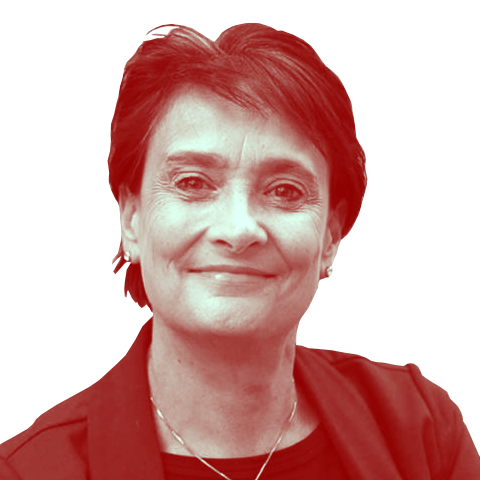

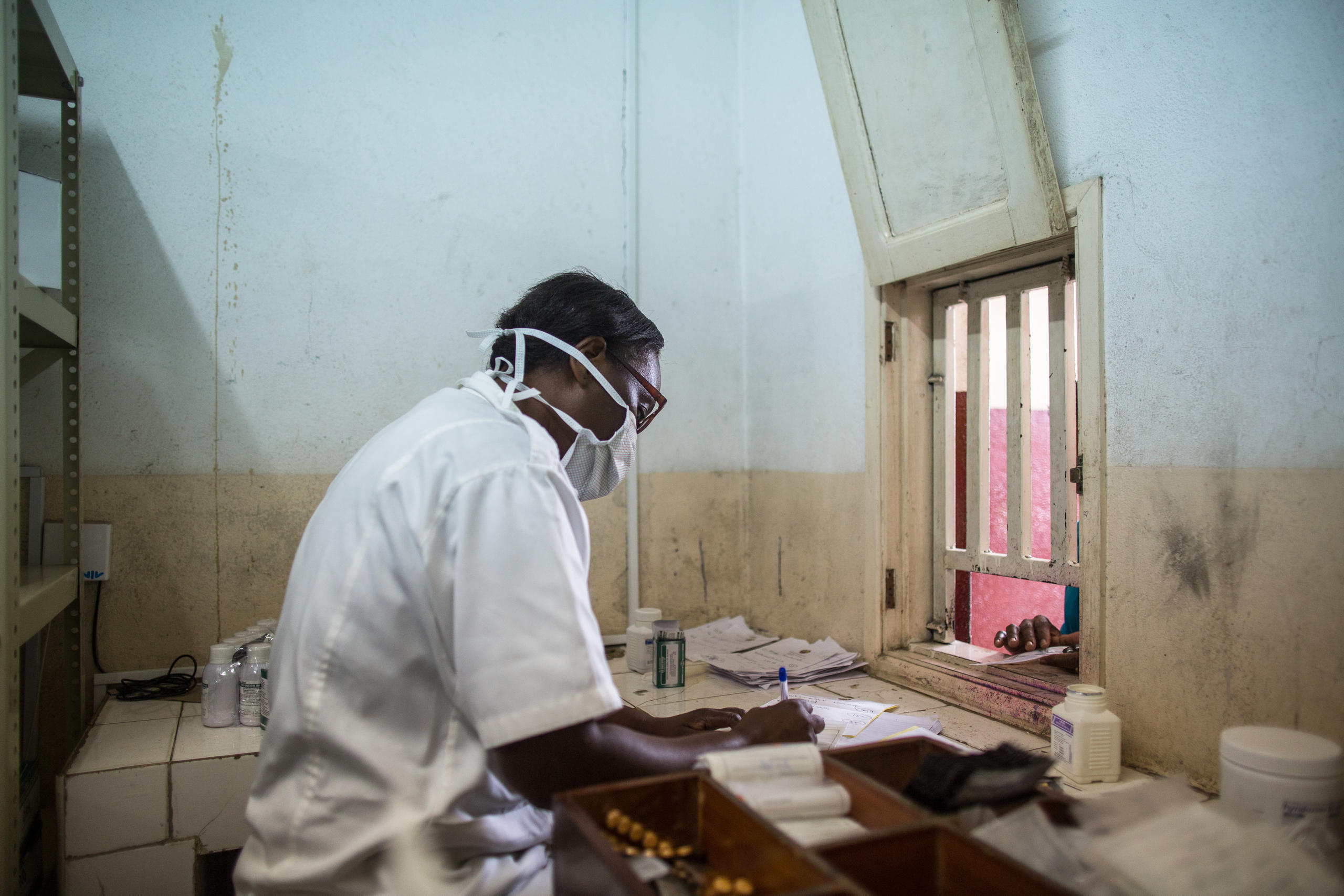
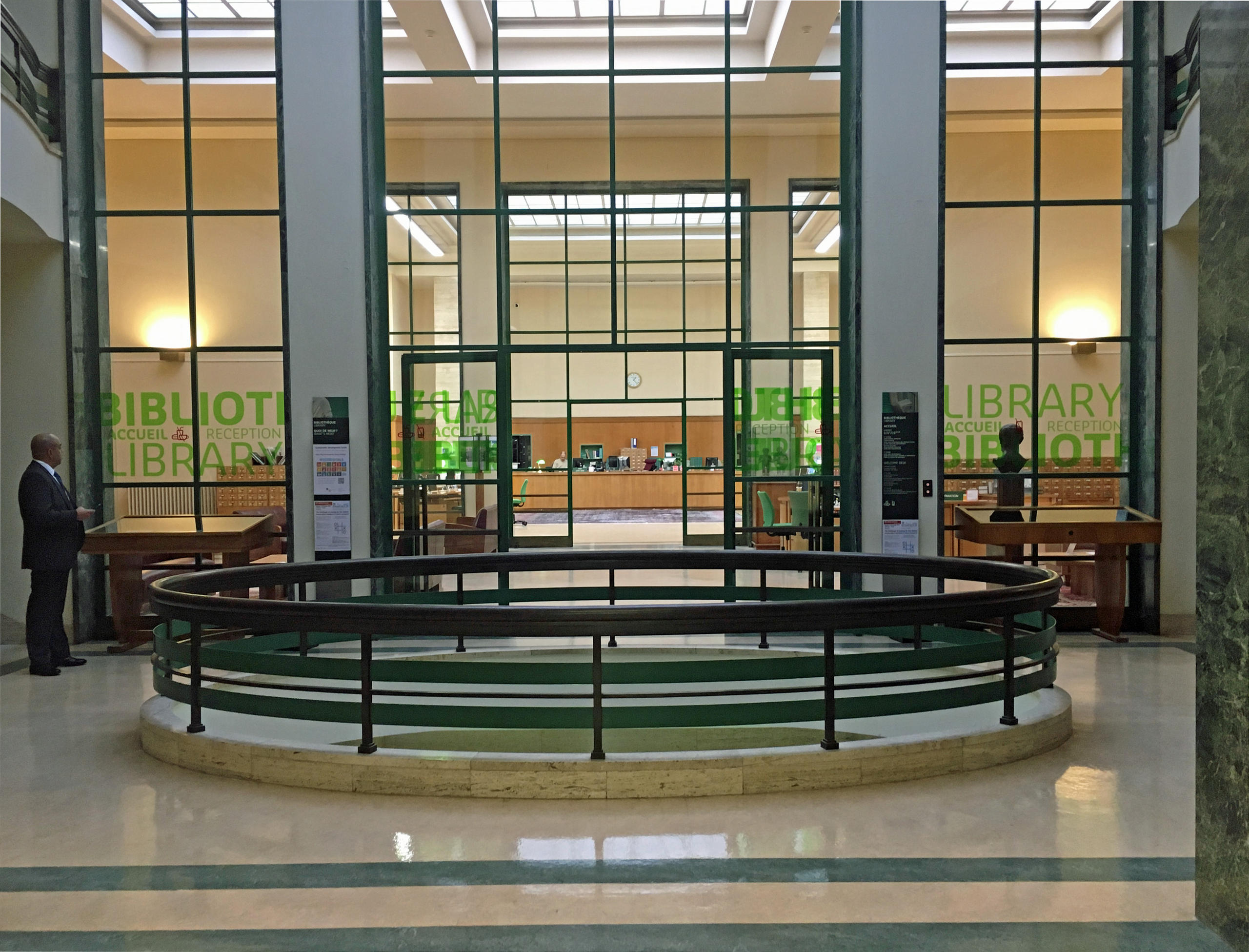
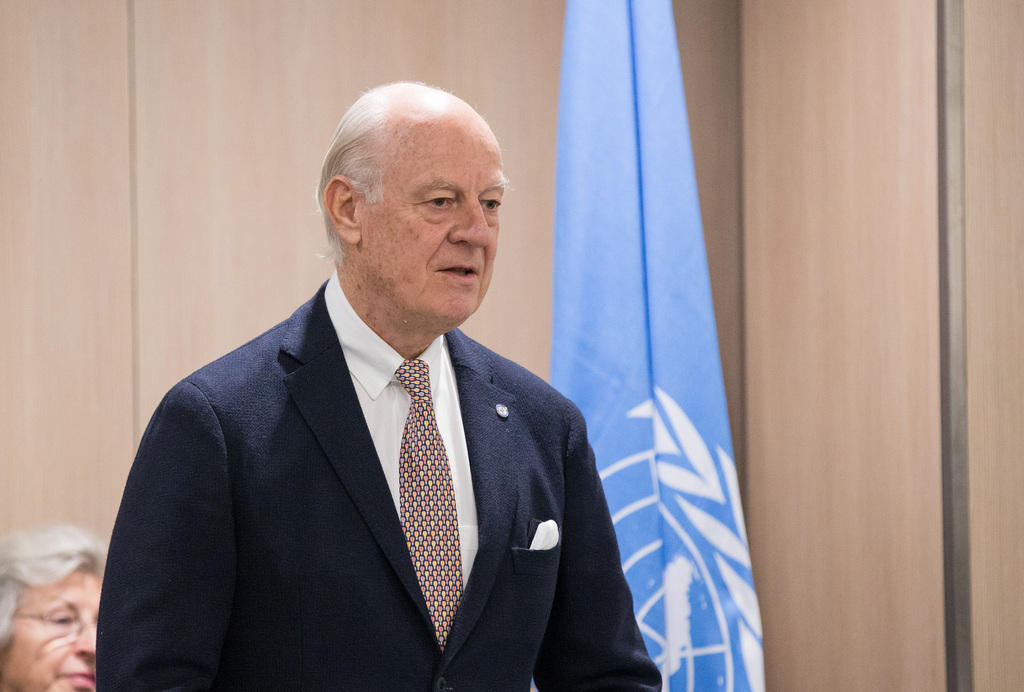
You can find an overview of ongoing debates with our journalists here. Please join us!
If you want to start a conversation about a topic raised in this article or want to report factual errors, email us at english@swissinfo.ch.